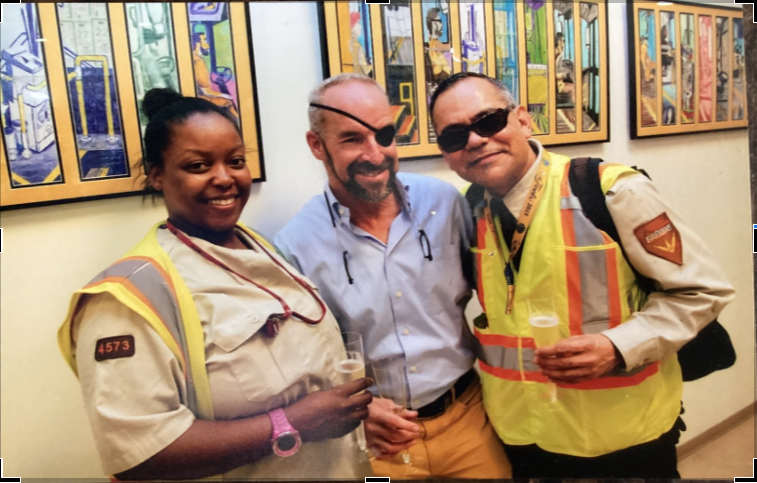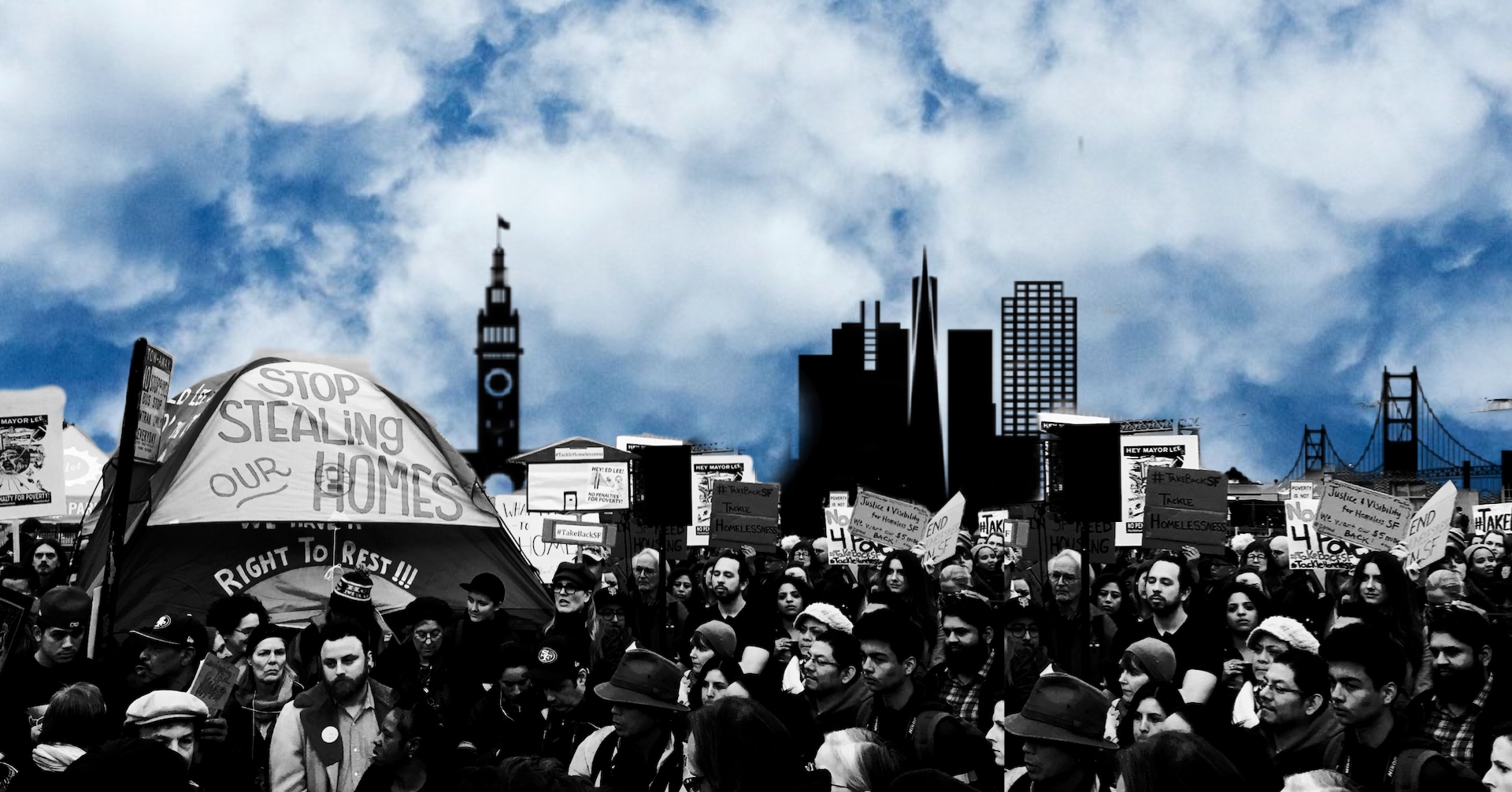The author originally told this story before an audience in San Francisco as part of an evening of performance and storytelling sponsored by Tipping Point Community on November 18, 2021 at Manny’s, 3092 16th St. San Francisco. This story has been adapted and edited for your reading pleasure, and hopefully, inspiration.
I think of the places I’ve slept in in my life – buses, trains,








